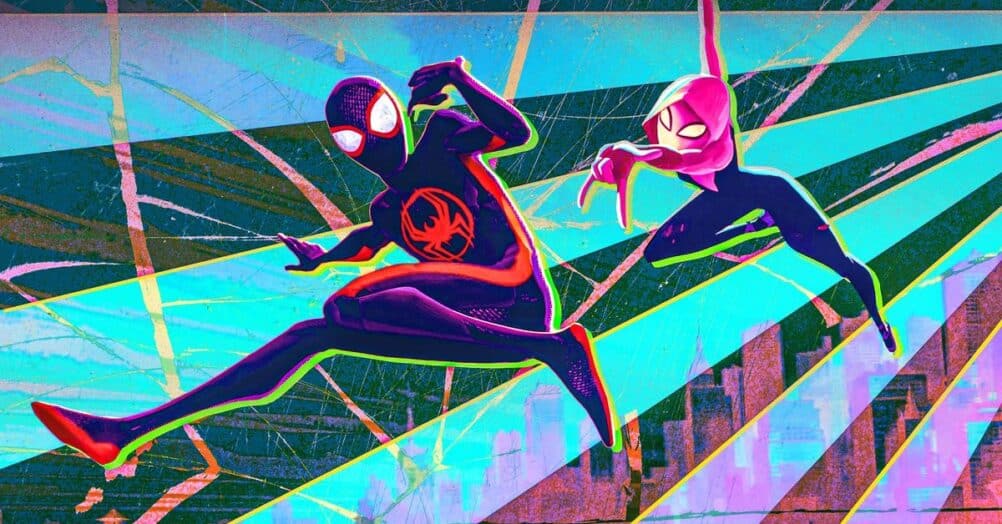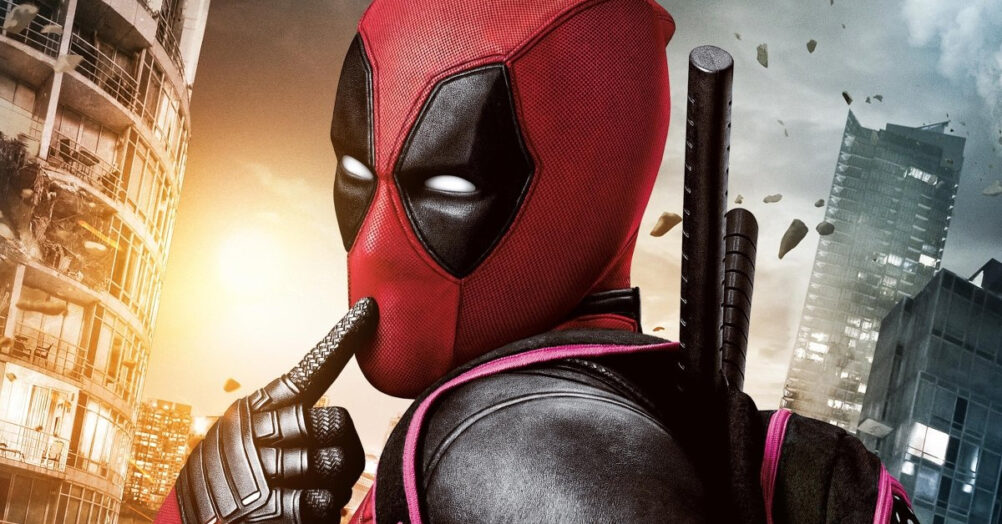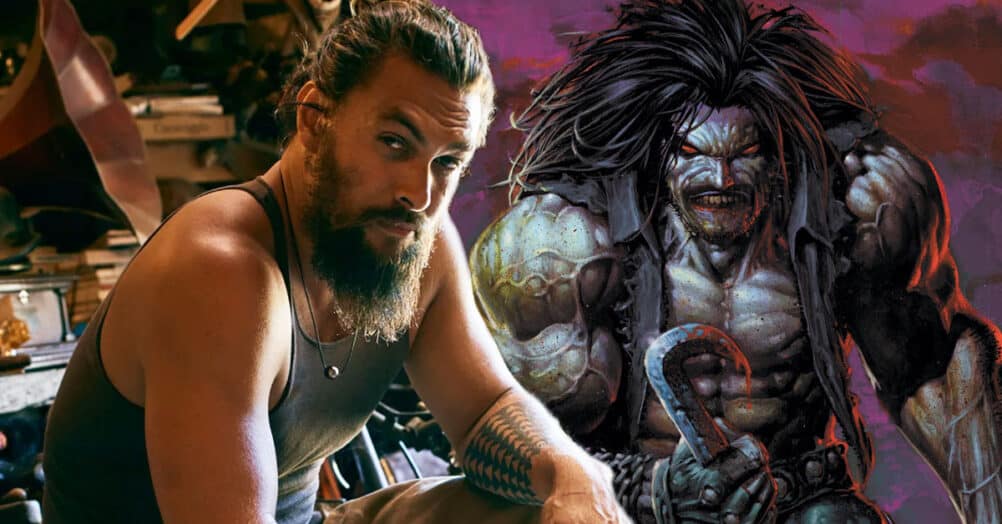Last Updated on August 2, 2021

I don’t think anyone is anticipating an emotional coming-of-age drama from this week’s 21 AND OVER, starring Miles Teller, Skylar Astin, and Justin Chon. Far from it. Coming from the creators of THE HANGOVER, Jon Lucas and Scott Moore, there’s little doubt that this college-age version will amount to much more than some raunchy humor and drunken stupidity. And, certainly, films like this have an audience (and an age demographic). However, for audiences in China, 21 AND OVER will begin and end in a very different way (and location), as brought to light in a recent article by the LA Times, turning it into something that was never intended to be. The changes are almost like a “what if” version of the film, where the genre suddently shifts from college debauchery to a lesson-teaching cautionary tale.
Why is this happening? Well, it’s simple really. Money. Namely, money from Chinese investors (including the government-owned Huaxia Film Distribution Co.) who helped fund the $12 million dollar film in a large deal with Relativity Media, which allows them “creative input” on the final product that is shown to Chinese audiences.
So, what’s the difference between the two? Jon Lucas breaks it down:
21 AND OVER in China is sort of a story about a boy who leaves China, gets corrupted by our wayward, Western partying ways and goes back to China a better person.

Ultimately, the message of the U.S. version is that it “celebrates youthful independence in the face of familial expectation and generally glorifies Greek life,” while the Chinese version highlights “the perils of a hedonistic West and the importance of embracing one’s roots.”
Filmmakers Lucas and Moore seem to feel that this is just part of the process, especially with Hollywood and China getting more and more snug in the financial department. Last year’s LOOPER, from director Rian Johnson, added footage of Shanghai in a deal made with Chinese investors, and the upcoming IRON MAN 3 has shot additional footage in China for the same reasons (and also to earn exclusive rights to debut the film in Chinese theaters, a very lucrative opportunity). Although with films like LOOPER, which merely added a backdrop, for something like 21 AND OVER it is evident that the funding isn’t so much for artistic expression as it is for creative control.
Ultimately, I think this brings up the question of how much one is willing to give up (or have taken away) as a result of outside funding. This is much more than a logo at the start of the film or a mention in the credits, this is changing the very nature of the film. 21 AND OVER may not be high art, but it definitely feels like something is off here. I can see the point of the filmmakers just wanting to get their movie made and for it to be successful, but at what point is your work no longer your work and the result of someone else manipulating it? Moore weighs in, saying:
I think any filmmaker deals with it. I imagine ‘Avatar,’ when it’s released in China and they dub it, they sort of get to change whatever they want. I think it just comes with the territory — if you want to release it in China, they get to spin it however they want. They dub it all anyway, so whatever dialogue we all wrote that’s in English, we don’t actually know what the Chinese version says.
What do you guys think about this?

“Don’t try that shit in China, Jeff Chang!”

















Follow the JOBLO MOVIE NETWORK
Follow us on YOUTUBE
Follow ARROW IN THE HEAD
Follow AITH on YOUTUBE